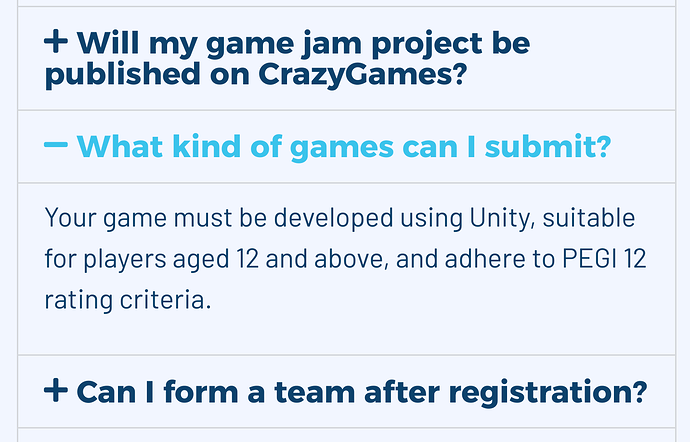you should add a Photon Multiplayer plugin. Here is a site for the multiplayer engine [https://www.photonengine.com/]
Checking the docs Photon appears to only support c++ and c#. The sdk would not be compatible with GDevelop, so unfortunately a plugin for that wouldn’t be feasible.
However, if it has a web enabled REST API you can use the network events to make calls to their system. That still wouldnt be a plugin or a extension, but you’d be able to use it through the event system.
Edit: Scratch that, while the server SDK is C++ and C#, there is a javascript Client SDK. A contributor would need to look at it to see the viability: Photon Engine SDKs | Photon Engine
Implemented, will make it free in May 6
to be clear, that’s not photon’s multiplayer engines but merely their networking layer. it’s just p2p but worse.
It depends on what you’re benchmarking. P2P typically supports up to 20 concurrent users, while Photon can handle up to 100,000 concurrent users with paid subscriptions.
Although GDevelop already has its own multiplayer system, Photon is in demand in other markets, such as game jams that require Photon Engine implementation.
For example, see the CrazyWeb Multiplayer Jam 2025:
That’s just not true.
P2P supports as many connections as you want, much more than 20, the connections are less heavy as they’re not based on TCP, and the latency is minimal since the connections are often direct without having to make an unnecessary detour.
your claim is asinine for many reasons:
- The highest advertised amount of concurrent users Photo Realtime supports is 5k, not 100k
- The concurrent users metric doesn’t mean anything in relation to P2P, because concurrent users doesn’t mean users in a single room but users simultaneously playing your game. P2P players don’t take ressources from a server shared with other players and thus effectively have completely unlimited concurrent users, whereas proton has a capped amount, that’s not a positive point for proton realtime.
- Even assuming you had that many players in a single room, numbers at this scale are stupid because, since this is only a networking layer, at this scale the networking method is mostly irrelevant. You can make absurd claims like this that “technically, proton realtime can have that many connections” but that doesn’t mean your player’s bandwidth & OS will be able to handle that kind of pressure, nor that your game code and the messages you send will be optimized enough to be actually able to handle that many players.
The only advantage of using photon would be that it uses a reliable TCP connection, which is a negative for most games, but even if for some reason that suited your fancy, your extension is not competently made and doesn’t allow & ensure reliable message handling (despite claiming in the itch description that you’ve implemented reliable networking) so you can’t even claim that benefit.
By all technological benchmarks, P2P is better.
Yeah… Photon’s engines, that is Fusion and Quantum, are in demand. Not their basic networking layer.
Crazy, that jam requires games to be built with unity, almost as if they wanted you to use photon’s engines (which are unity-only) and disqualify any game that tries to pass off only using photon realtime in another engine.
I get that there’s a lot of discussion around P2P versus Photon Realtime. Here’s what my PhotonJS Extension for GDevelop brings to the table that pure P2P doesn’t:
P2P can look appealing because, in theory, it supports unlimited connections. But in practice, issues like NAT traversal, dropped connections, and inconsistent game state become a real headache. With Photon Realtime, you get built-in features like object and player persistence. This means even if a player disconnects, the game state stays intact on the server, so you don’t lose progress or encounter erratic behavior.
On top of that, Photon handles matchmaking and room management for you, which simplifies the process considerably compared to having every client manage everything on their own. While Photon Fusion and Quantum are indeed popular for high-end Unity projects, Photon Realtime is a great, accessible choice for engines like GDevelop.
For additional context, I checked with the CrazyWeb Multiplayer Jam 2025 moderators—they confirmed that the jam is open to all engines, so you’re not locked into Unity if you choose Photon Realtime. 
In short, this extension smooths out many of the common networking issues you’d face with P2P by offering reliable persistence and server-side management, letting you focus on making great games rather than troubleshooting connections.
